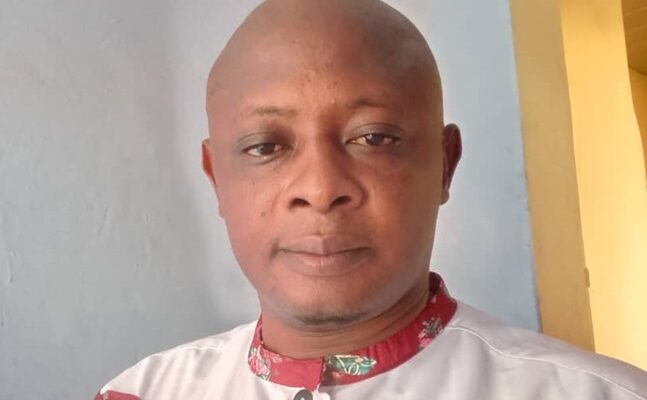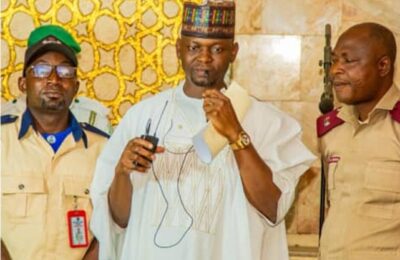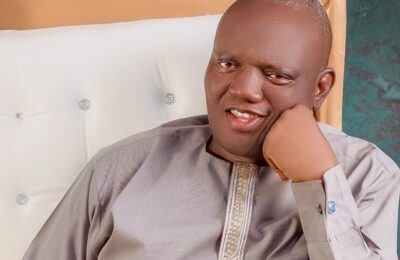In the vast canopy of emerging democracies, Nigeria once loomed as a giant of promise—anchored by oil wealth, cultural sophistication, and continental influence. Yet, like a once-mighty tree overtaken by silent intruders, the nation is now besieged by parasitic politics: a class of leaders who fasten themselves to state power, not to nourish it, but to deplete it. As Plato once cautioned, “The penalty that good men pay for not being interested in politics is to be governed by worse men.” In Nigeria’s case, the price is national stagnation.
Nigeria’s political terrain today bears the characteristics of a compromised host—debilitated by self-serving elites who have transformed public institutions into vessels of private accumulation. Political offices are no longer battlegrounds for ideology or public service, but investment portfolios for rent-seekers. In the words of Prof. Larry Diamond, a leading authority on democracy, “Predatory states are led by elites who seek political office not to serve the people but to loot national wealth.” That description fits far too comfortably within the Nigerian experience.
These parasitic actors thrive through manipulation—shifting alliances, weaponizing ethnicity, and turning electoral processes into elaborate auctions. The Nigerian state has become, in many respects, an exhausted host. Max Weber, the father of modern bureaucracy, distinguished between politics as a vocation and politics as a business. In Nigeria, it is the latter that dominates, hollowing out governance and undermining public trust in the democratic experiment.
More than metaphor, the parasitic imagery is biological reality in our politics. Just as Loranthus (African mistletoe) invades a healthy tree and drains it through a haustorium, Nigerian politicians infiltrate institutions and extract resources under the guise of service. Public ministries, parastatals, and budgets become arteries tapped by invisible siphons. As Dambisa Moyo soberly observed, “Corruption undermines investment, erodes confidence, and disrupts social contracts.” In Nigeria, it has done more: it has become a parallel governance structure.
Yet redemption is not beyond reach. Trees ravaged by parasites can recover if diseased limbs are pruned and healthy roots restored. Nigeria must undertake institutional surgery—beginning with legal independence, judicial fortification, and civic re-awakening. Amartya Sen, the Nobel laureate, rightly posited, “Democracy is not only the rule of the majority but also the protection of the minority, the voice of reason, and the architecture of accountability.” Our democracy cannot survive on ballots alone; it requires substance—transparency, ethics, and rule of law.
Beyond formal institutions, the soil itself must be changed—our political culture must evolve. The electorate must unlearn decades of transactional loyalty and embrace meritocracy. As Kofi Annan emphasized, “Good governance is perhaps the single most important factor in eradicating poverty and promoting development.” A nation cannot grow when its roots are choked by patronage, prebendalism, and blind ethnic loyalty.
Elsewhere on the continent, cautious but commendable strides have been made. Rwanda’s institutional discipline, Ghana’s electoral integrity, and Botswana’s fiscal transparency show what is possible when parasitic politics is resisted. Nelson Mandela once said, “A critical, independent, and investigative press is the lifeblood of any democracy.” Nigeria must empower watchdog institutions, protect journalists, and digitize accountability if it hopes to reclaim its withering democratic soul.
But even these reforms will falter without a re-awakening of moral imagination. The glorification of affluence without source, the public worship of political looters at social events, and the normalization of electoral malpractice have become national epidemics. As Barack Obama warned during his visit to Africa, “Africa doesn’t need strong men. It needs strong institutions.” Strong institutions, however, require morally resilient citizens—men and women who will not trade integrity for convenience.
To heal Nigeria is to recognize that the state has become a battered host, and its political class, in many quarters, the parasitic infestation. But the tree is not dead. With deliberate pruning, ethical grafting, and civic irrigation, it may yet stand tall again. The imperative is urgent: we must act, not with cynicism, but with resolve—uprooting the culture of exploitation and cultivating the ideals of justice, merit, and stewardship. The tree of democracy, once healed, can still bear fruit.
– Inah Boniface Ocholi writes from Ayah – Igalamela/Odolu LGA, Kogi state.
08152094428 (SMS Only)



